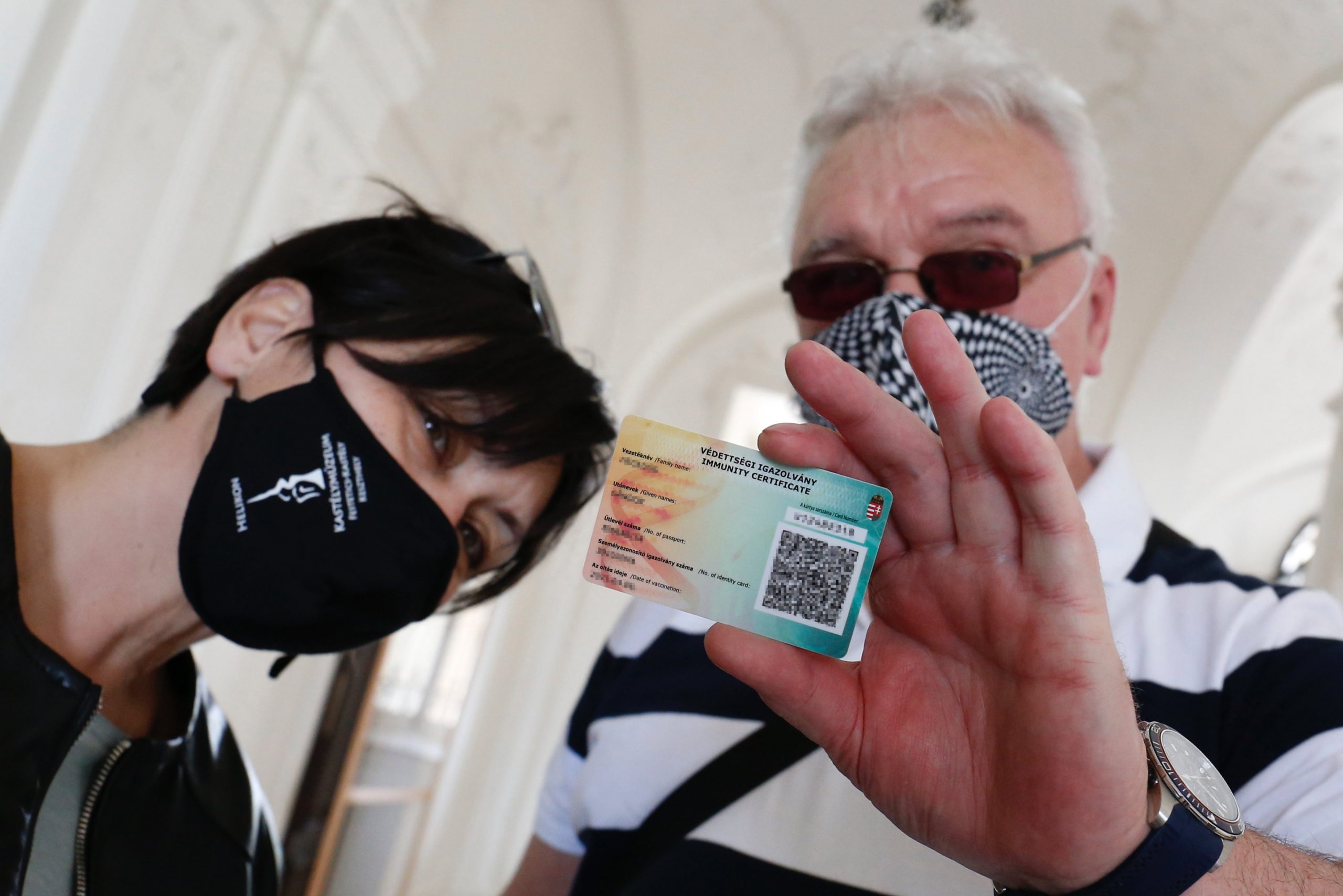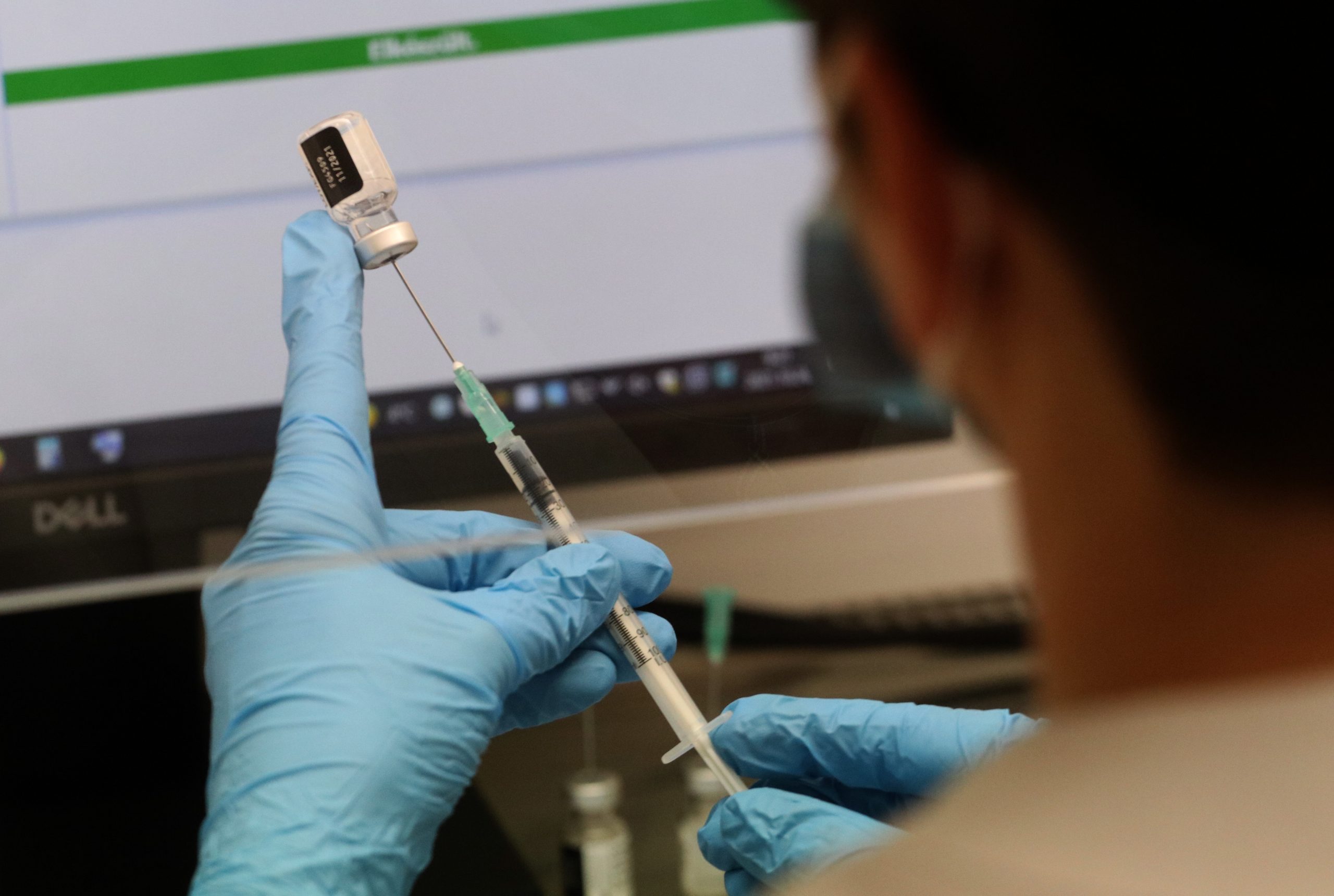
The court received some 1,000 individual complaints in the matter since the pass was first issued.Continue reading

After animal experiments and toxicological tests, clinical trials of the Hungarian coronavirus medicine could start in early 2023, according to Imre Kacskovics, immunologist and Dean of the Faculty of Natural Sciences of the Eötvös Loránd University (ELTE).
“We have identified molecules that are new in the sense that we think they are patentable, and we have been able to show in the summer that these molecules, these active agents prevent the virus from infecting the cells,” Kacskovics said. This was proven by Professor Ferenc Jakab in Pécs. Animal trials are currently underway to test whether it protects them from infection and disease.
“We are very hopeful that these trials will be successful and that we will be able to select a molecule to take forward into medicine development,”
the immunologist said.
In the toxicology test, it will be important to prove not only that the medicine prevents infection, but also that it does not cause other diseases. Kacskovics estimates the toxicology phase will take a year and promises thorough work, Infostart reports. He said that anyone can get the medicine.
“It is similar to an antibody, it can be used as preventive medicine. By that, we mean that if someone is not protected by vaccines, if they don’t have an immune response to them, their body can be protected by this medicine. The protection is established very quickly, after 6-10 hours, and can last for 3-4 months.”
Kacskovics added that it could be a complimentary form of protection to existing vaccines for the immunocompromised, but also among healthy people, “some of whom will not be protected by the vaccine for one reason or another.”
The medicine is a large molecule protein, which is quite complicated to produce, and therefore in Hungary can only be manufactured at the biotechnology plant of Richter Gedeon Nyrt. It will be available as an intravenous or nasal spray, but Kacskovics’ current assumption is that it will be more of a vaccine.
Source: Infostart
Featured image: illustration via János Vajda/MTI